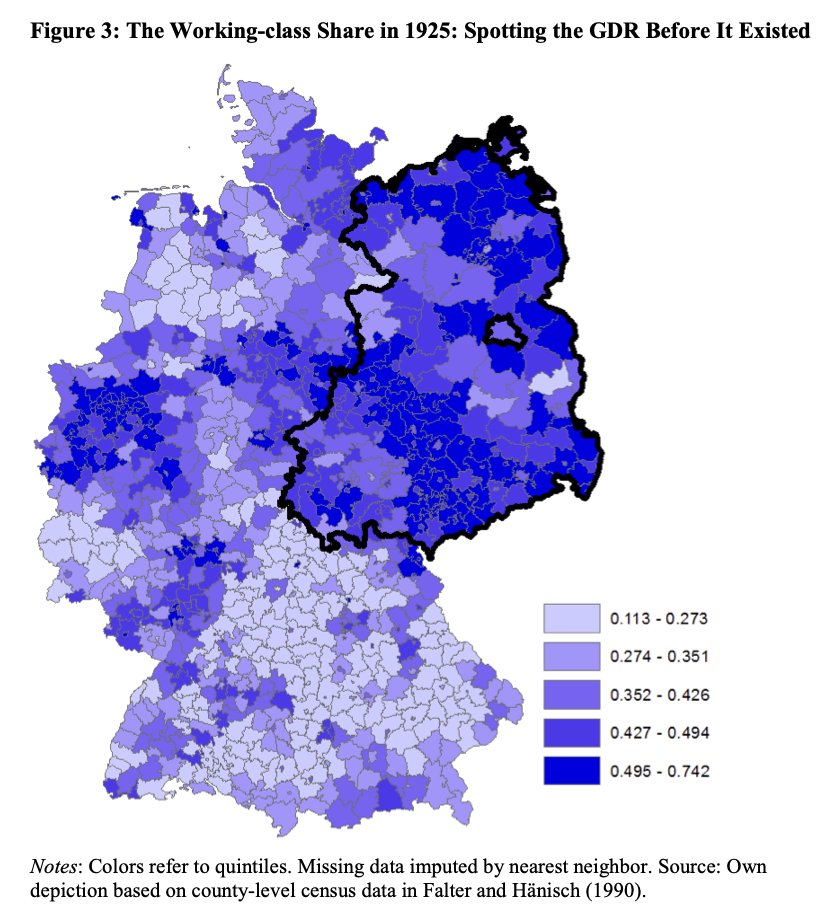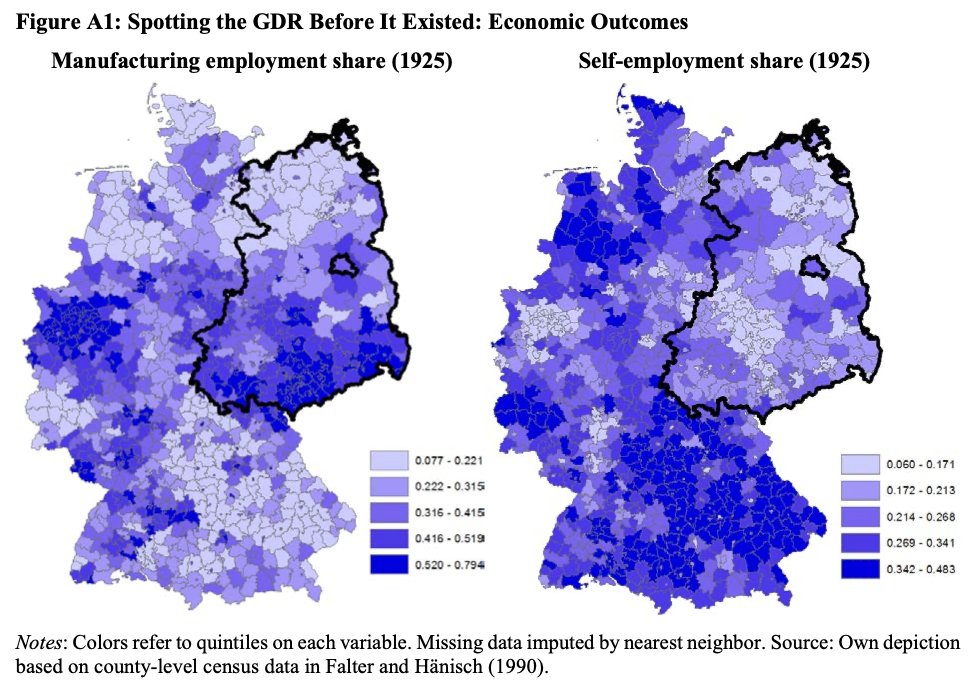Our @voxeu column on forthcoming AER paper
"Forced Migration and Human Capital:
Evidence from Post-WWII Population Transfers"
with I.Grosfeld, P.Grosjean, N.Voigtländer, @ezhuravskaya
voxeu.org/article/silver…
@MonashBusiness @cage_warwick
"Forced Migration and Human Capital:
Evidence from Post-WWII Population Transfers"
with I.Grosfeld, P.Grosjean, N.Voigtländer, @ezhuravskaya
voxeu.org/article/silver…
@MonashBusiness @cage_warwick
@voxeu @ezhuravskaya @MonashBusiness @cage_warwick At the end of WWII, the Polish borders were redrawn, resulting in large-scale forced migration. Poles from Kresy had to move westwards, mostly into formerly German Western Territories (WT), but also to Central Poland. 

@voxeu @ezhuravskaya @MonashBusiness @cage_warwick The expellees from Kresy were forced to leave behind most of their family possessions and were only allowed to take a small share of their belongings to their new homes. 

@voxeu @ezhuravskaya @MonashBusiness @cage_warwick We test the "uprootedness hypothesis": forced migration caused a shift in preferences toward investment in human as opposed to physical capital.
@voxeu @ezhuravskaya @MonashBusiness @cage_warwick Before WWII, Polish inhabitants of Kresy were, if anything, less educated than compatriots living elsewhere. This pattern is reversed already in the first generation of children educated after the war, and it persists up to this date (see Figure 3). 

@voxeu @ezhuravskaya @MonashBusiness @cage_warwick More detail: see @voxeu column and the paper:
aeaweb.org/articles?id=10…
The End.
aeaweb.org/articles?id=10…
The End.
• • •
Missing some Tweet in this thread? You can try to
force a refresh



















